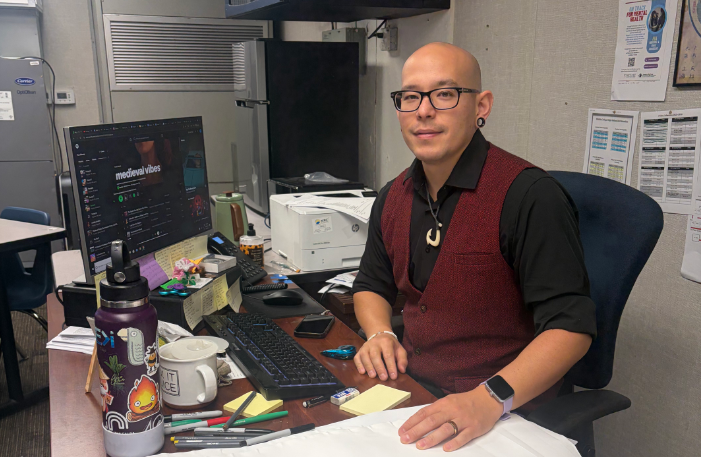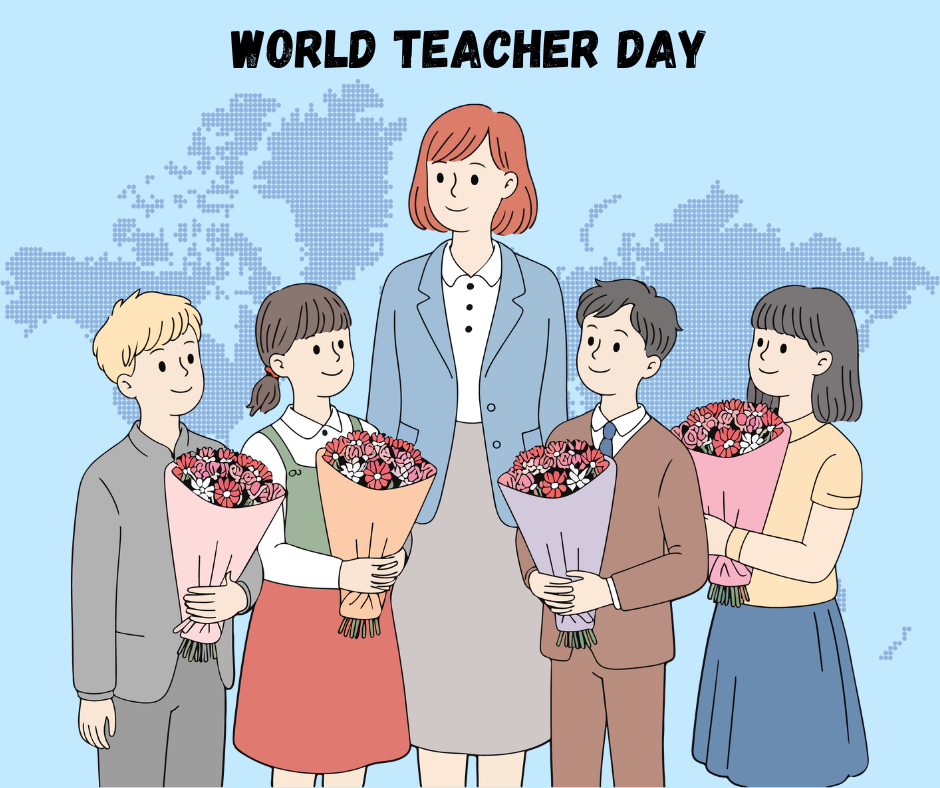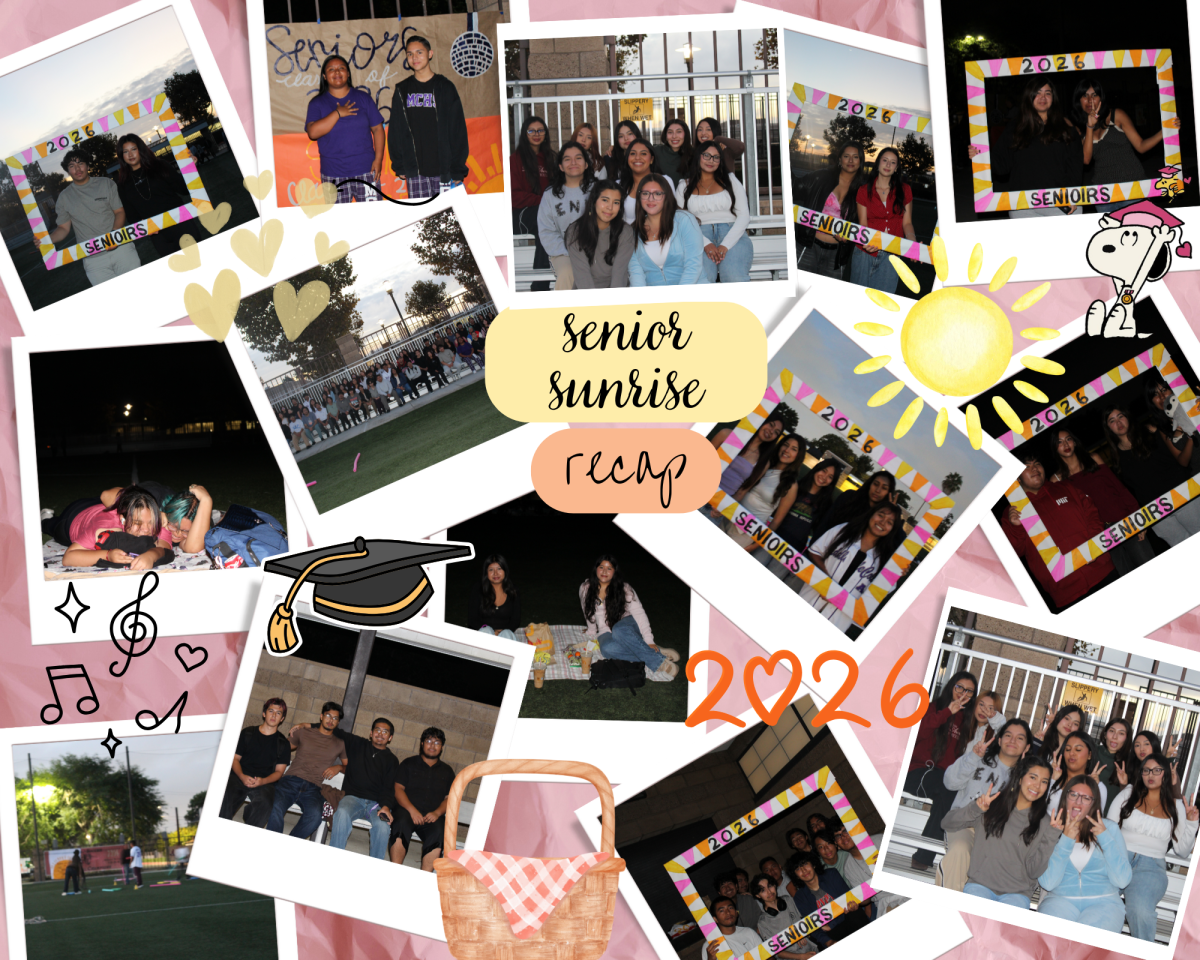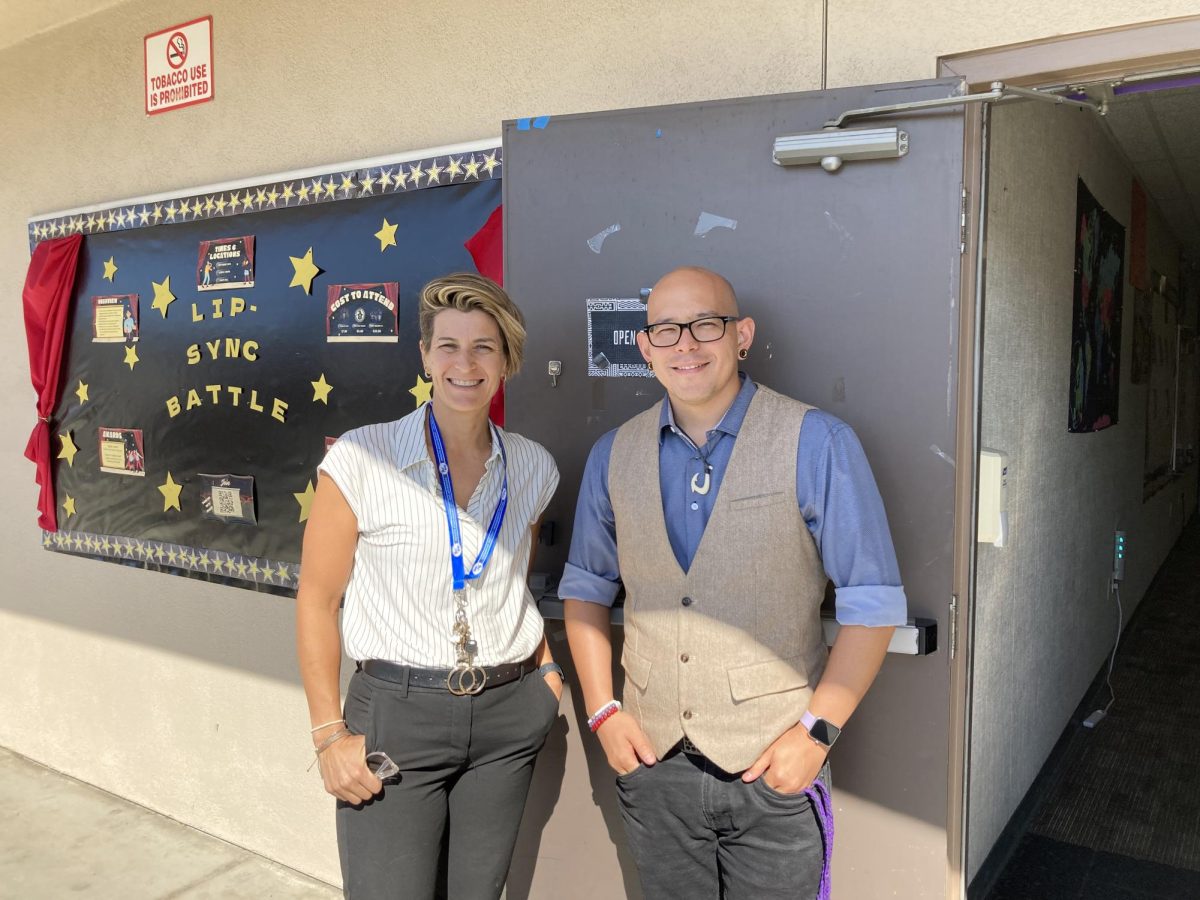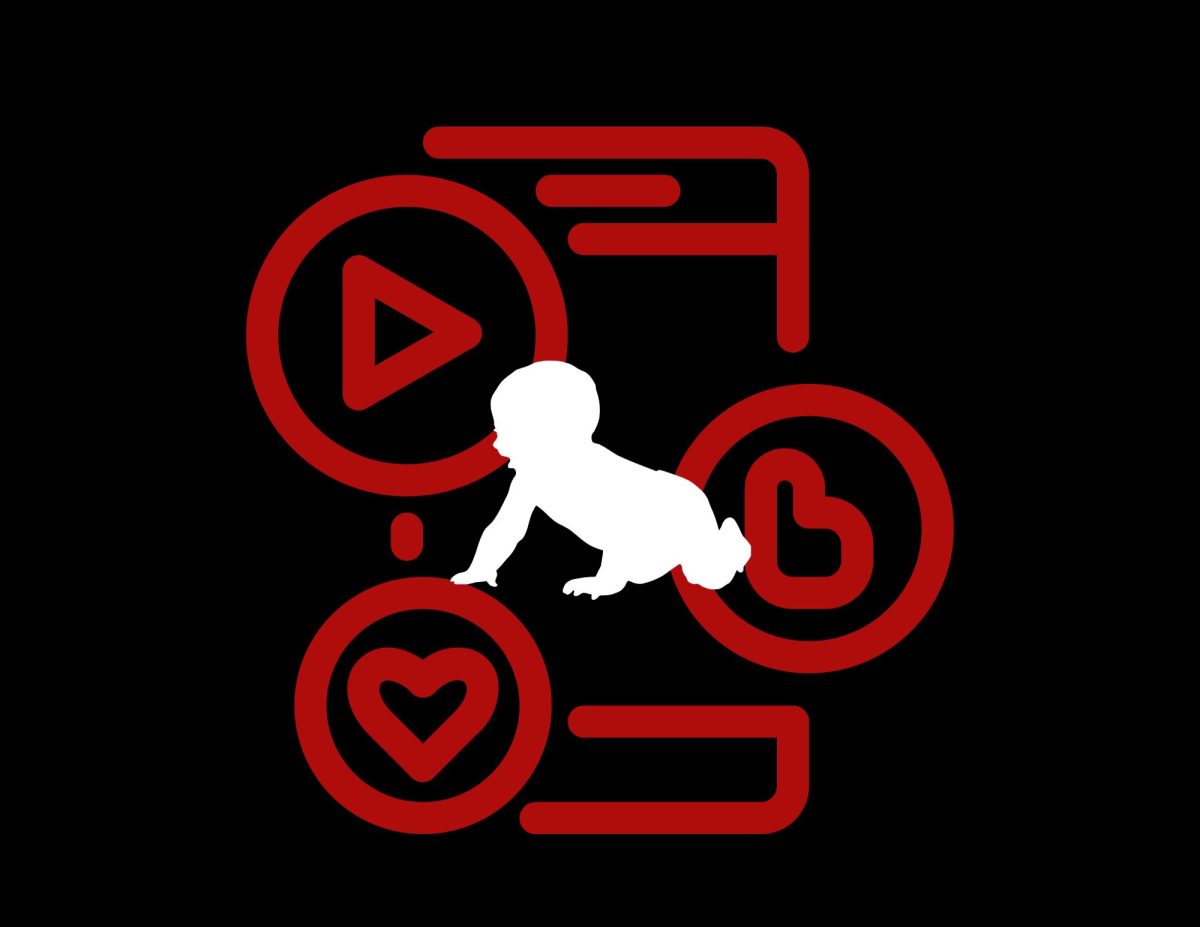The exploitation of children has become a form of mainstream entertainment. Viewers on platforms like YouTube, Instagram and other social media can watch parents endanger their own children through the use of family vlogging. Even worse, there is a lack of regulations enforced to protect these children.
Family vlogging seems like a harmless genre of entertainment produced to share the lives of one’s own family with the world. The content creators, most often the parent, not only broadcasts their own lives but their children’s lives as well. At times, the lives of these children are what parents center their content around, which raises issues concerning the monetization, safety, privacy and long-term effects of kids. There are far too many issues to make this genre ethical and okay. Although there are laws protecting child entertainers, the recent development of this type of content leads to insufficient legal protection existing to protect kids from being exploited by their parents.
One case of family vlogging going to dark lengths to produce its content includes Ruby Franke and the now-deleted YouTube channel, 8 Passengers. Franke, the mother behind the channel, was recently arrested on counts of child abuse after her 12-year-old son ran to a neighbor’s house for food and water. The malnourished boy was found with open wounds and duct tape stuck to him. The channel consisted of Franke’s family life and her disciplinary methods towards her kids. These disciplinary actions consisted of not giving her 6-year-old lunch as a form of punishment for forgetting to pack her lunch and having her 15-year-old son sleep on a beanbag for seven months.
Although this is one extreme example of a family vlogger hurting the kids involved, their privacy is oftentimes compromised in order to keep producing content. The lives of the kids are displayed to an audience, sometimes for hours on end, and they are expected to behave in specific ways to keep viewers engaged. Intimate details of children’s lives are shared with the world. Children’s constant exposure to being online can lead to mental health issues, low self-esteem, and having to live under pressure to perform.
AVID and biology teacher Amy Holte agrees that there are issues revolving around this type of content. There is reason to be worried about the wellbeing of the children who are constantly exposed to a camera.
“Some of the concerns I have is that kids are not asked consent to be posted. I can see how that would lead to a lot of social or emotional issues. If your kids were constantly on camera, when would they have the opportunity to be able to express their own feelings or concerns, or if they don’t want their private life displayed all over the internet,” Holte said.
Even if parents go to great lengths to treat their children right while also maintaining a public image, parents can still put them at risk. It is important to be cautious of what is being posted online, and with the surplus of content family vlogs put out, private information is at risk of being seen by the public eye. Information such as addresses, locations, school districts and more could be found.
As people keep consuming this content, some may even form parasocial relationships with the family. They become so engulfed in the content that they begin to feel they are part of them, even though all they do is watch their videos. Some parasocial relationships become so severe that it can lead people to stalk, harass, and even become violent.
Holte shares her thoughts on the issue regarding parents taking down content involving their kids only for it to lead to another problem.
“When parents take the content down, the consumers of the content get angry and upset and vengeful that they are no longer part of the family, they feel like they have been taken out,” Holte said.
Many family vlogs revolve around the kids due to the monetary gain that comes with it. Making money from showing their kids online is a great motivator. However, there are not many regulations in the United States to keep child influencers from being exploited for money. Several states, including California, have the Coogan law, which requires a parent of a child performer to set aside a portion of the earnings until they are in control of their money. However, this is not the case when it comes to being a social media influencer. Children can be made to work for hours on end just to end up without any monetary gain.
There has been some progress made as Illinois is the first state to pass a law requiring parents to set aside money for their children or else the children can sue. This law will go into effect on July 1, 2024 and will require kids to get a portion of the earnings based on how often they appear in the content and how much money the content makes.
Family vlogs can negatively affect children and the impact is able to follow them as they grow older. This is one of the first steps taken to help decrease parents’ exploitation of their children through family vlogging.

